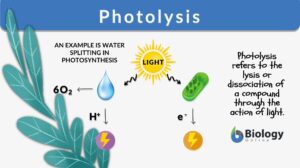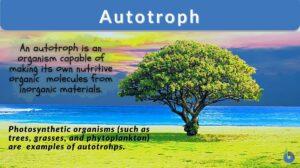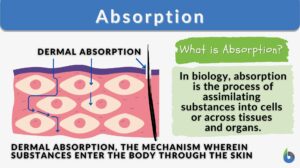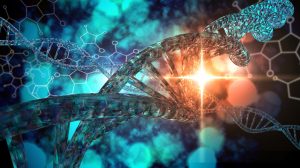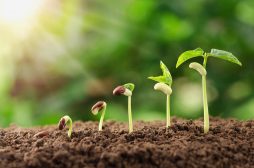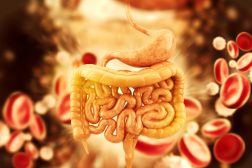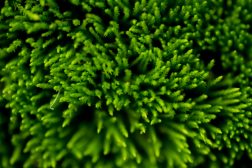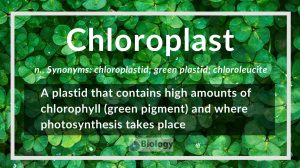Search Results for: absorbing
Chlorophyll
Why are most plants green? Have you ever had the same question? Perhaps, you’ve been told that the plants are green... Read More
Photolysis
Photolysis Definition We define photolysis as a chemical process in which chemical compounds or molecules are split into... Read More
Light-dependent reaction
Many organisms, such as green plants, convert light energy into chemical energy through the mechanism of photosynthesis. In... Read More
Haustorium
Definition noun, plural: haustoria (botany) Knob-like root for penetrating into and absorbing nutrients and water from the... Read More
Phosphorylation
Phosphorylation Definition We can define phosphorylation as a biochemical process in which a phosphate molecule is added to... Read More
Photosynthesis
Photosynthesis is a physio-chemical process carried out by photo-auto-lithotrophs by converting light energy into chemical... Read More
Accessory pigment
Definition noun, plural: accessory pigments A non-chlorophyll pigment inside the chloroplast of photosynthetic organisms,... Read More
Absorption
Absorption can be defined as the process of assimilating substances across the intestinal epithelial cells or the tissues... Read More
Evolution of Life – Ancient Earth
Continuing from the previous tutorial investigating the origins of life on Earth.... Life began to flourish, and the... Read More
Lights’ Effect on Growth
Plants are the primary producers of energy in any ecosystem, meaning that they bring in new energy to it which supports... Read More
Chlorophyll a
Definition noun A type of chlorophyll that is most common and predominant in all oxygen-evolving photosynthetic organisms... Read More
Human Biology – Food and Digestion
Food is what is required by humans to grow and survive, and provide a 'fuel' for the energy needed in our biological... Read More
Carotenoid
Definition noun, plural: carotenoids (botany) Any of the pigment molecules, typically yellow, red, and orange, that interact... Read More
Gene amplification
Definition noun, plural: gene amplifications The process of duplicating a particular gene, causing the gene to increase in... Read More
Sensory Systems
A sensory system is a part of the nervous system consisting of sensory receptors that receive stimuli from the internal and... Read More
Unsaturated fatty acid
Definition noun, plural: unsaturated fatty acids The unsaturated fatty acid is a form of fatty acid containing one or more... Read More
Methanotroph
Definition noun, plural: methanotrophs An organism that metabolize methane as a source of carbon and... Read More
Phycobilin
Definition noun, plural: phycobilins A water-soluble accessory pigment found in red algae and... Read More
Growth and Plant Hormones
Growth All living organisms begin in the same form: as a single cell. That cell will divide and the resulting cells will... Read More
Xanthophyll
Definition noun, plural: xanthophylls A type of carotenoid in which its molecular structure contains... Read More
Decomposer
Decomposer Definition The organisms that carry out the process of decay or breakdown of the dead organism are known as... Read More
Plant Water Regulation
A plant requires water as an essential ingredient of photolysis, the photochemical stage of photosynthesis where water is... Read More
Origins of Life on Earth
Although Earth was created around 4.5 billion years ago, life began to exist not long after. Due to the huge timescales... Read More
Plant Metabolism
Introduction Plants are responsible for incredible feats of molecular transformation. The processes are always being... Read More
Bryophytes
Bryophytes (nonvascular plants) do not have xylem or phloem. The habitations of this plant group are widely varied and... Read More
Digestive Enzymes
Have you ever thought about what happens to the food after you have taken it into your mouth? How those big steak pieces... Read More
Molar extinction coefficient
Definition noun (spectrophotometry) The measure of how strongly a substance absorbs light at a particular wavelength, and is... Read More
Chloroplast
Chloroplast Definition What is chloroplast? In biology, a chloroplast refers to the organelle found within the cell of... Read More

